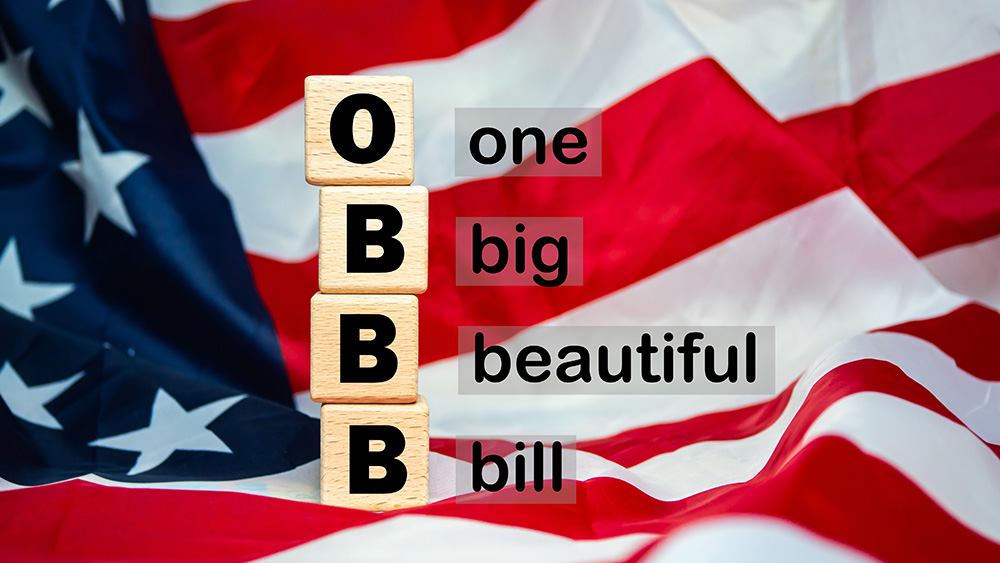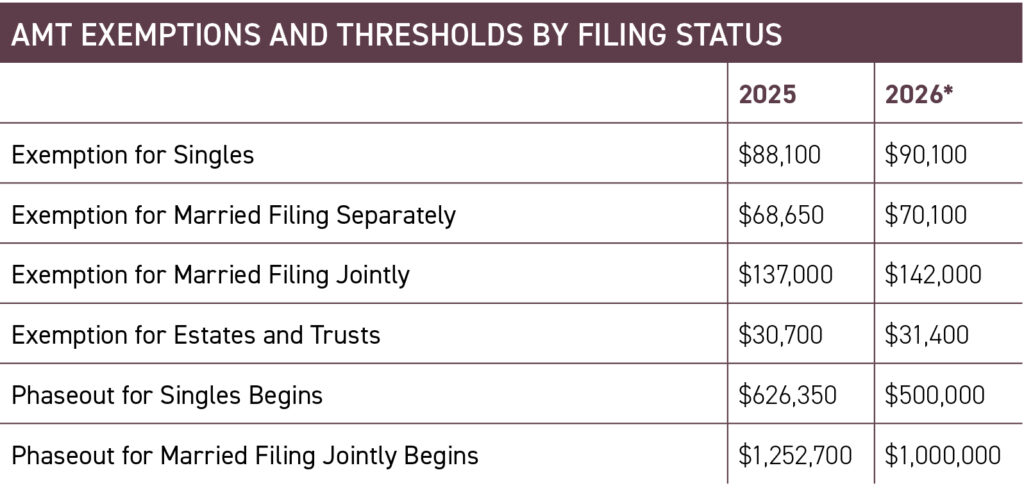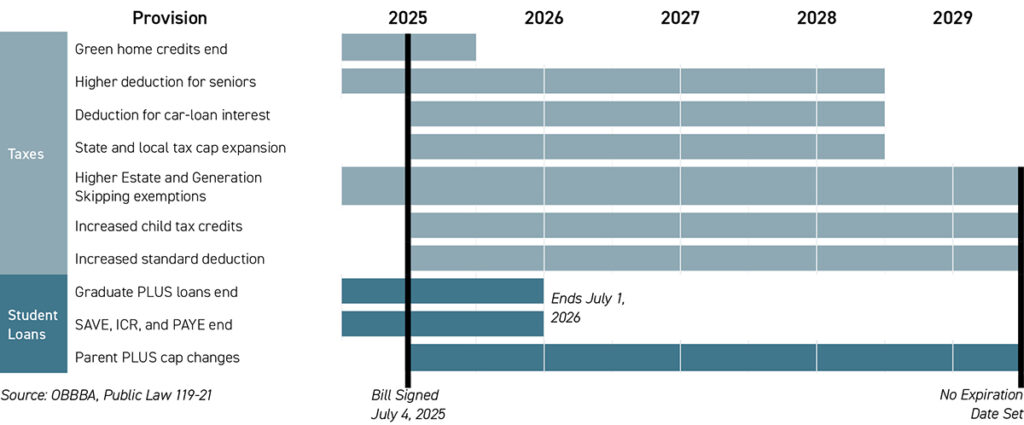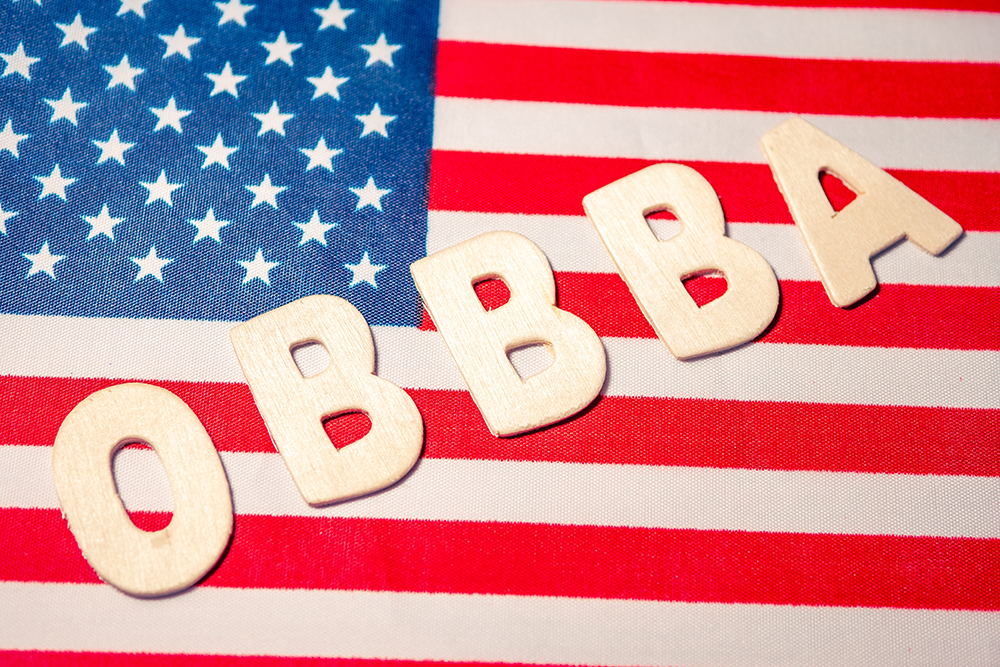
Introduced in the One Big Beautiful Bill Act (OBBBA), these are governmentfunded investment accounts designed to help children build wealth from birth. Children born between January 1, 2025, and December 31, 2028, who are U.S. citizens and have a Social Security number, are eligible to receive a one-time $1,000 deposit from the U.S. Treasury to start the account. Children born outside these four calendar years are also eligible for an account, but they won’t receive the $1,000 in government seed money.
MAKING CONTRIBUTIONS
Parents, grandparents, and other individuals can make after-tax contributions of up to $5,000 per year to each account. Employers may also contribute up to $2,500 a year to accounts for their employees’ dependents. Any employer contributions also count toward the overall $5,000 cap. The contributions grow tax-deferred until withdrawn. Account investment options are limited to mutual funds* or exchange-traded funds that track a qualified index, such as the S&P 500.
EDUCATION PLANNING
Beginning the year the child turns 18, they can make penalty-free withdrawals for qualified educational costs. The child will incur regular income tax on earnings and tax-free contributions from the government and employers. Still, all after-tax contributions made by parents and others can be withdrawn tax-free. After age 18, the account functions similarly to a Traditional IRA, with continued tax-free growth and the ability to withdraw funds for any purpose starting at age 59-1/2.
Opening an account makes sense if your child is eligible for the $1,000 seed money. It may also be worth considering if your employer is willing to contribute to your child’s account. Accounts can be opened beginning July 4, 2026. More guidance from the Treasury is expected before then.
*Investors should carefully consider the investment objectives, risks, charges, and expenses of the fund before investing. Contact the issuing firm to obtain a prospectus, which should be read carefully before investing or sending money. Because mutual fund values fluctuate, redeemed shares may be worth more or less than their original value. Past performance won’t guarantee future results. An investment in mutual funds may result in the loss of principal.




